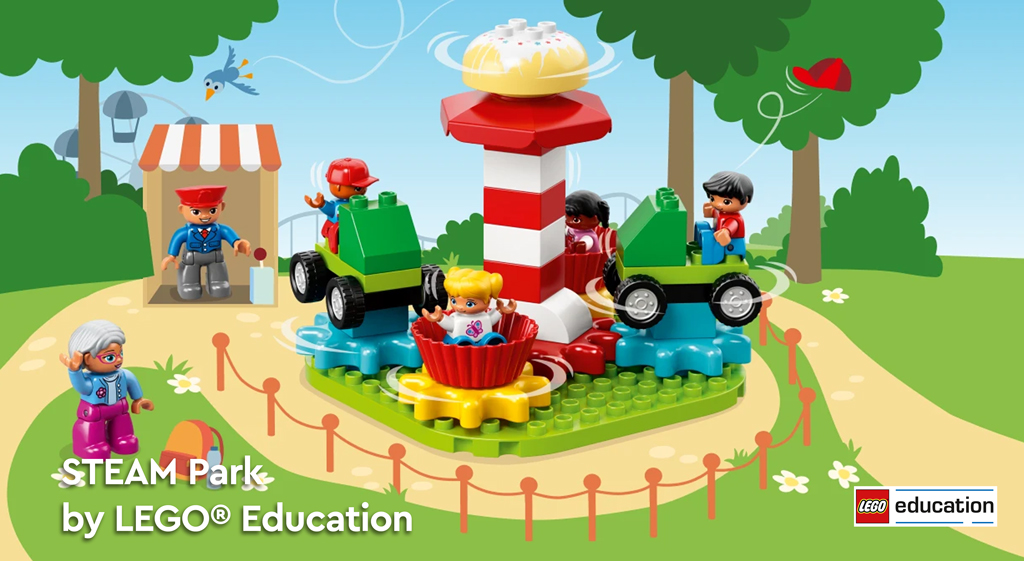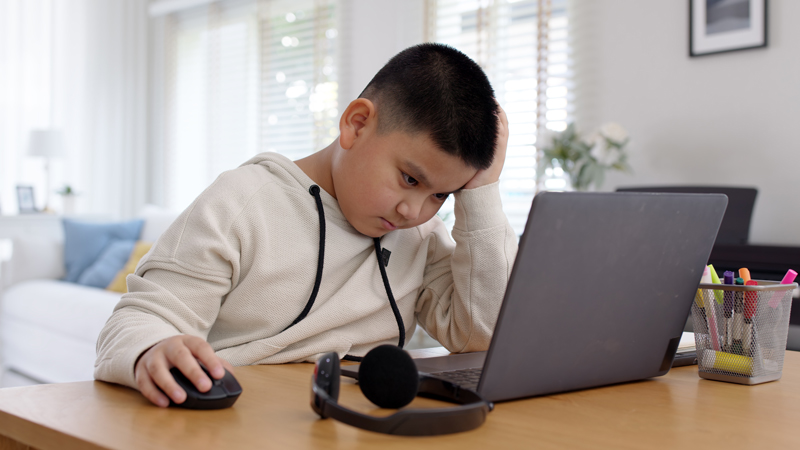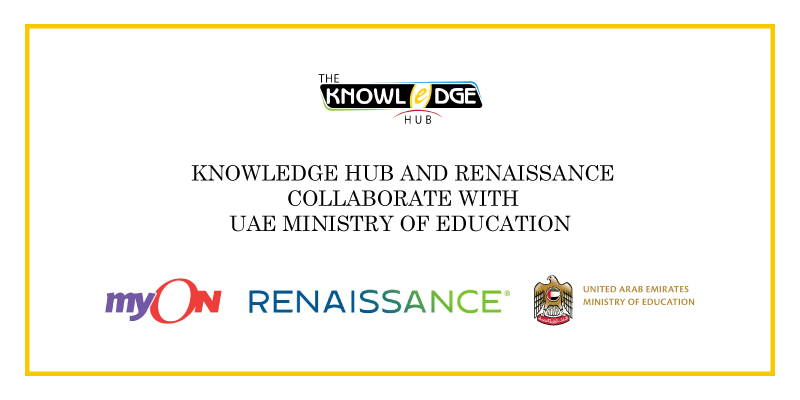
How AI in Modern Education is Transforming Classrooms Across the Globe
Artificial Intelligence (AI) is redefining how we perceive machines. No longer just a set of pre-programmed instructions, AI enables computers and bots to think, reason, and learn from previous data. With advanced tools and algorithms, AI engineers are now creating systems that mimic human intelligence—minimizing errors and maximizing performance.
One of the most exciting frontiers for this technology is AI in modern education. Across the globe—and especially in the Middle East—schools are adopting AI alongside Learning Management Systems (LMS) and ERP platforms to bridge gaps in education and enrich both teaching and learning experiences.
Smart Classrooms & Next-Gen Learning Tools
A few decades ago, students relied on handwritten notes and chalkboard lessons. Fast forward to today, and classrooms are buzzing with smart boards, tablets, and laptops. One notable innovation is the use of AI-powered AR gadgets like Apple Glasses, which provide immersive 3D learning experiences. Students can now embark on virtual journeys—like visiting the Seven Wonders of the World or conducting science experiments—without leaving their classrooms.
Schools across the GCC region are embracing a wave of futuristic tools: 3D printers, virtual assistants, and intelligent robots that elevate classroom engagement. One standout example is Matatastudio’s VinciBot, a coding robot loved by kids aged 8+. It introduces Python programming through interactive challenges and aligns with the global STEAM curriculum. VinciBot is not just a toy—it’s a bridge to future-ready skills in robotics and AI.
Intelligent Content Strategy for Gen-Z Learners
Today’s students aren’t satisfied with static textbooks. They crave dynamic, personalized learning experiences. Thanks to AI in modern education, schools can now tailor lessons based on individual learning preferences.
For instance, visual learners might access animated videos, while auditory learners benefit from podcasts or audiobooks. This multi-modal approach keeps students engaged and ensures better comprehension. In fact, gamified learning apps are gaining traction in GCC schools—where children solve math puzzles to defeat aliens or navigate mazes while mastering phonics. These AI-backed games turn homework into play and learning into adventure.
Smart Grading and Real-Time Feedback
One of the biggest advantages of integrating AI in schools is the automation of grading systems. AI can instantly evaluate MCQ-based tests using pattern recognition and even assess long-form answers by checking grammar, spelling, and content clarity.
Teachers benefit from detailed performance reports that highlight a student’s strengths, areas for improvement, and preferred learning pace. With AI tracking trends and analyzing student data, educators can make data-driven decisions to support every learner more effectively.
While AI holds immense potential to revolutionize education, the role of the teacher remains irreplaceable. Think of AI as the GPS system—it can guide, analyze, and optimize—but the teacher is still the captain steering the ship. Together, this collaboration ensures a brighter, smarter future for education.















Recent Comments